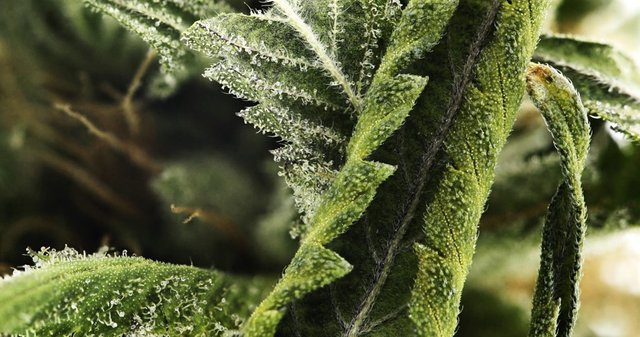LCBO Documents Reveal Bureaucrats Have No Idea What They're Talking About

Cannabis Life Network by Caleb McMillan
Ontario bureaucrats want legal cannabis under the guise of the province’s Liquor Control Board of Ontario (LCBO).
Makes sense, even Alberta and Quebec have provincial control boards, albeit, ones that are less restrictive.
And this is the better model for cannabis — let the provinces decide.
The Liberals could have handed them this responsibility day one. Take cannabis out of the criminal code, pardon the nonviolent offenders and, if absolutely necessary, help the provinces after the fact.
But it’s 2016, and so here we are talking about weed in the LCBO.
Premier Kathleen Wynne has been outspoken about having the state monopoly as the exclusive buyer and seller.
Hell, why not have all licensed producers (LPs) an Ontario Crown Corporation?
It’s not like this idea was tried throughout the 20th century with disastrous results.
Wynne has even wavered on her LCBO preference, submitting to Ottawa’s central planning in order to avoid a “patchwork” system.
Of course, the free market order isn’t even on the table. To borrow a phrase from libertarian historian and podcaster Tom Woods, free markets are not on the “3×5 card of allowable opinion.”
This is because the LPs are “sophisticated business minds not typical ‘pot-heads’” according to documents accessed by Global News.
Unsurprisingly, Ontario’s bureaucrats misdiagnose the dispensary and “illegal” grower situation by confusing cause and effect.
According to the documents, “the medical regs have failed because the dispensaries have illegitimated the system.”
That sums up the thinking of government. Purposeful, voluntary action among consenting adults have sabotaged state central plans.
How dare the public, don’t they know government bureaucrats follow “best practice?”
The people must be wrong, how could the wise stewardship of democratic government ever falter?
Well, for starters, bureaucracies are not subject to supply and demand.
The LCBO worries about “mark-up” and “prices.” Never-mind that mutual exchange by actual acting individuals solves this problem.
Everyday, practically every second, even on the weekends, markets don’t stop working. Civilization is more than just arithmetic and accounting.
Ignoring markets won’t lead to socialist utopia, they will, to paraphrase economist Ludwig von Mises, stamp out the human race.
Since too high of a price enables “black market” nonviolent entrepreneurs (the ones willing to ignore the dictates of unelected bureaucrats), the LCBO worries that legal cannabis will translate into “hundreds of millions, not billions” of dollars.
The bureaucratic documents also reveal a problem I have blogged about before: capital.
The logistic issues behind readying the infrastructure for cannabis sales debunks any notion that the LCBO is “well suited.”
It’s not just retail space and shelf-life, there is quality assurance, knowledge, questions about supply and warehouse storage. “Vaults needed,” the documents state.
Turns out there’s more to cannabis than just making sure IDs get checked.
“But it seems to me,” Kathleen Wynne told reporters last December, “that using that distribution network at the LCBO … makes a lot of sense.”
Obviously, it doesn’t.
For, if it made economic and social sense to sell cannabis through the LCBO, then why not all goods and services?
If government monopolies are superior to competing entrepreneurs in a free market, then why not collectivize everything under a world government?
Why not establish a Goods and Services Control Board of the World?